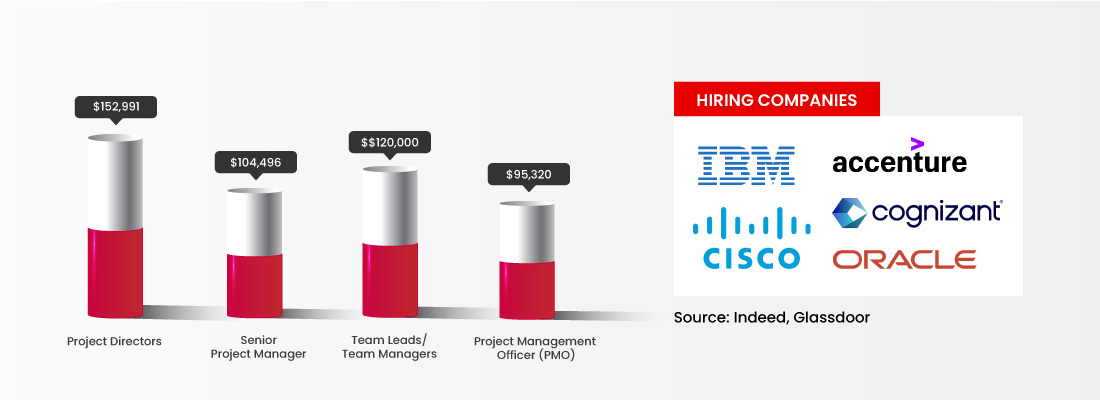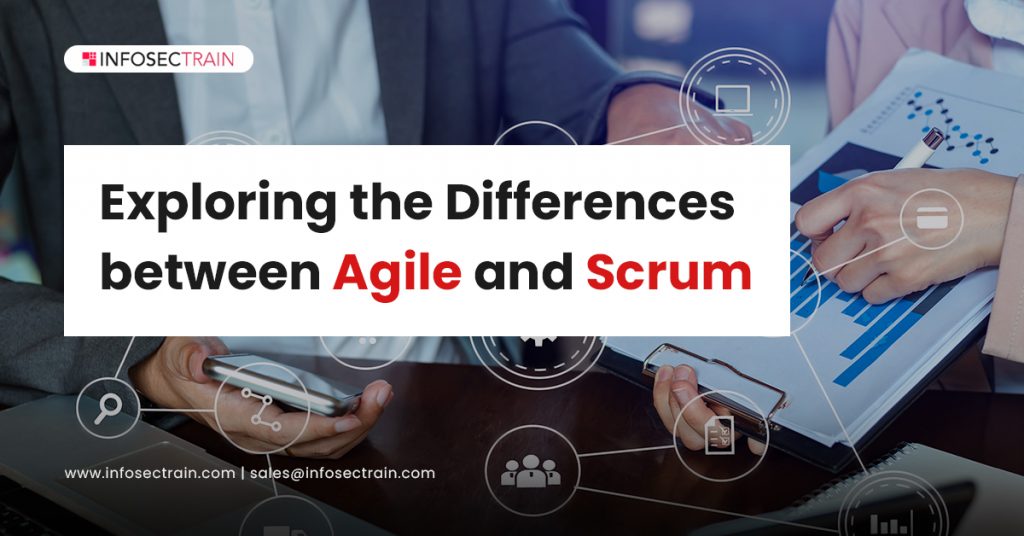PMP Certification Training Online
 Read Reviews
Read Reviews
The PMP® (Project Management Professional) certification training course offered by InfosecTrain is a prestigious and universally acknowledged credential designed for Project Managers and individuals with experience in project management. This certification provides comprehensive skills essential for managing projects effectively across various sectors, ensuring you have the knowledge needed for optimal project management performance.





 5th Sep: Weekend
5th Sep: Weekend 






 Thoroughly enjoyed the course and the continuous support from the entire team..
Thoroughly enjoyed the course and the continuous support from the entire team..





 Certified & Experienced Instructors
Certified & Experienced Instructors Post Training Support
Post Training Support Customized Training
Customized Training Flexible Schedule
Flexible Schedule Access to Recorded Sessions
Access to Recorded Sessions 



 1800-843-7890 (India)
1800-843-7890 (India)